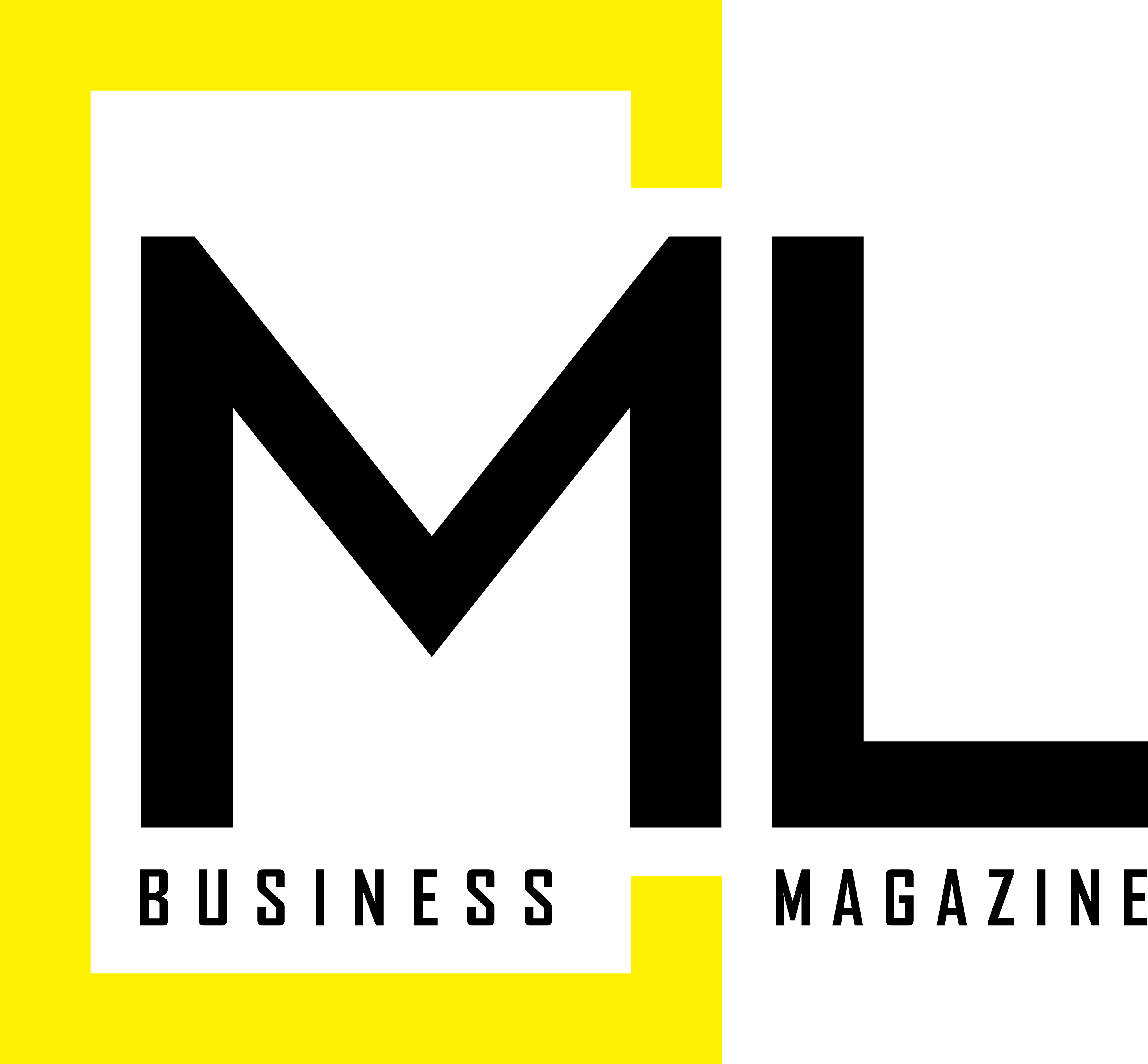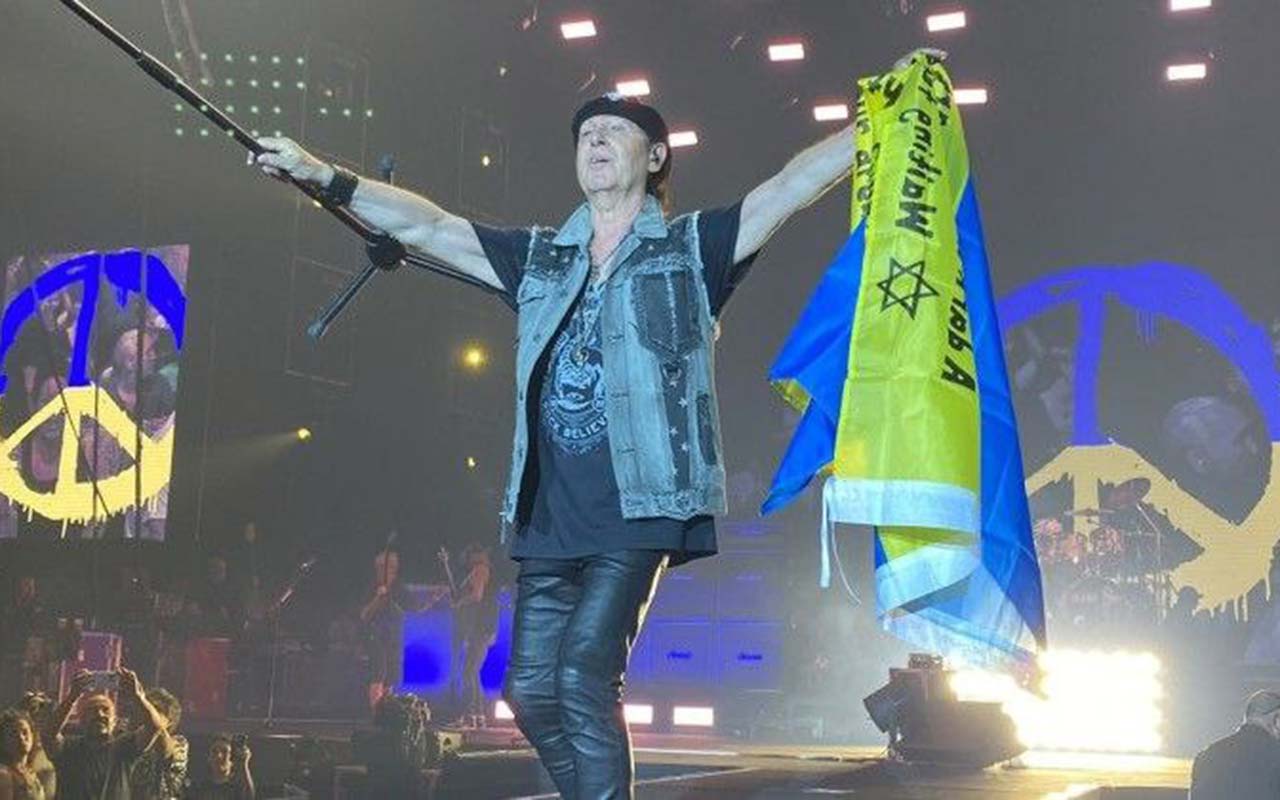Tech in the Shadows: Why Big Tech CEOs Are Silent on Trump’s Tariffs
The Trump administration has reopened Pandora’s box: a new wave of tariffs on Chinese imports has rattled financial markets and threatened global supply chains. The blow to the tech sector was expected — but Big Tech’s response has been surprisingly muted. The silence from major CEOs, from Apple to Google, appears strategic — but to many, it feels unsettling.
The Stock Market Speaks Louder Than Press Releases
Investors reacted immediately: Apple lost several percentage points in market cap even before the news broke that smartphones and laptops would be temporarily exempt from the tariffs. The Nasdaq dipped. The message is clear — the market is nervous. And not just about the tariffs themselves, but about the absence of a clear stance from the leaders of the world’s largest tech companies.

Silence as Strategy: A CEO Portrait in 2025
- Tim Cook (Apple) — silent, but not inactive. His long-standing relationship with Donald Trump gives him access to informal influence channels. He opts for behind-the-scenes diplomacy, avoiding public confrontation.
- Satya Nadella (Microsoft) — cautiously speaks of the need for adaptation, but avoids direct conflict. He maintains the image of a “CEO of the future,” building strategy outside the political storm.
- Andy Jassy (Amazon) — makes a rare, transparent statement: new tariffs are a burden on consumers. He remains the only one among the “big four” to publicly address market consequences.
- Jensen Huang (Nvidia) — operates behind closed doors: following his visit to Mar-a-Lago, some export restrictions on chips were reportedly revised. He’s perhaps the most effective example of “influence without a microphone.”
- Elon Musk (Tesla / X) — far from diplomatic. His comment calling Trump’s trade advisor “an idiot dumber than a bag of bricks” was a public outburst, classic Musk. But even that hasn’t translated into a coordinated industry response.
So Why the Silence?
The reasons are obvious. After years of being constantly present in political discourse, tech CEOs have learned to separate business from public speech. A company’s stance is no longer a tweet. They fear escalation, the risk of being weaponized in Trump’s 2024–2025 campaign. Most of all, they fear unpredictability: today smartphones are tariff-free, tomorrow — who knows.
The Risk of Silence
Silence may be pragmatic, but it’s not always safe. In a society that demands transparency and accountability, avoiding a position can look like fear, indifference — or worse, complicity.
Now, as AI, microchips, global supply chains, and geopolitics are tightly intertwined, the silence of tech leaders isn’t just a personal choice. It’s a message. And everyone has already read it.



